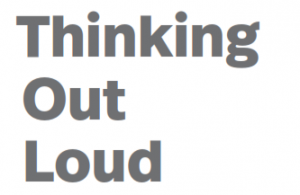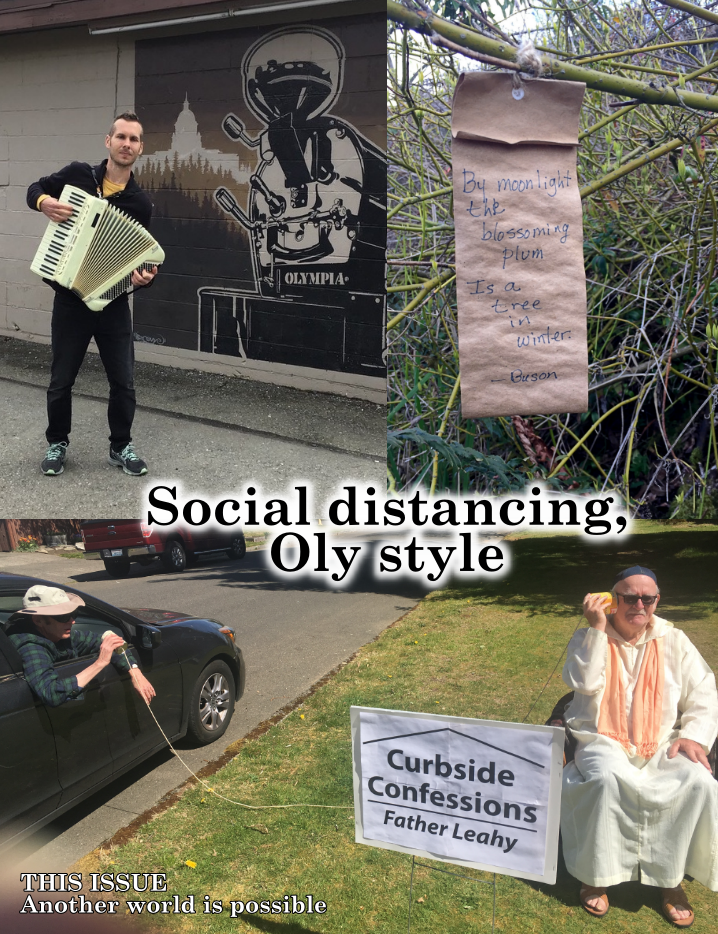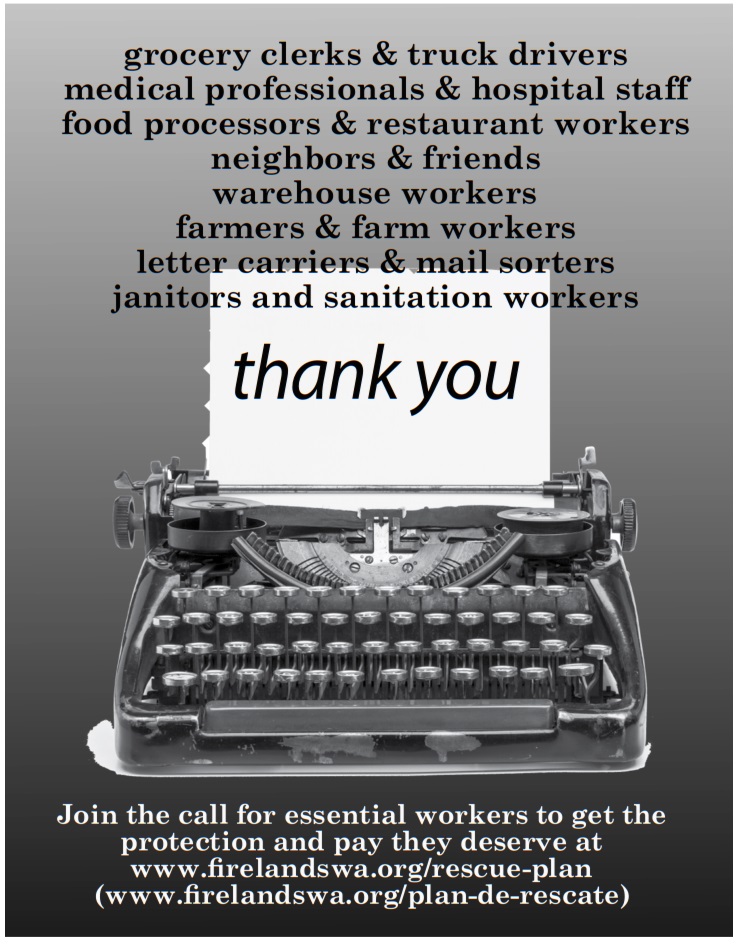Another world is possible:
The splinter in the eye
Life on Earth and this nation cannot continue in this way. The prospect of four more years of Trump hovers over us like a bad omen, threatening all life. This calamitous  prediction not only presages the future to come, but is also directly connected to the policies of the past and the present. Our future is shaped by our past and our present.
prediction not only presages the future to come, but is also directly connected to the policies of the past and the present. Our future is shaped by our past and our present.
Our past and current policies have placed the interests of big capital and corporations ahead of the interests of the people and the well-being of the planet. They have favored parasitical profits rather than rewarding those who labor in order to survive. We knew to be concerned about nuclear annihilation. We now see, more clearly than ever, the intertwining of ecological and economic hardships. We must do something to change the Zeitgeist of our time or we will perish.
Luckily, we have irony, the peculiar sense of humor for times such as ours. For example, the Trump administration’s sluggish response to COVID–19 in an obscene way has validated the Republican war cry to ‘MAKE AMERICA GREAT AGAIN’. The US tops the chart of confirmed cases and deaths worldwide (609,995 and 30,000 respectively at the moment of this writing).
The Covidiots in the White House appear to be on course to perpetuate this questionable distinction. Theodore Adorno once stated that the “splinter in the eye is the best magnifying glass.” Ironically, the virus that has infected more than two million people and claimed over a hundred thousand lives has become the ‘splinter in the eye’ needed to magnify the unsolvable contradictions that were somewhat masked in pre-COVID–19 pandemic times.
History, as Marx reminds us, is the history of class struggle. People around the world have carried on heroic fights against capitalism and for social justice, human rights, and democracy. Nonetheless, capitalism — through a series of legitimate and illegitimate, many times violent measures — reigns as the dominant economic system throughout the world. Ironically, some of capitalism’s strength lies in our acceptance of the very ideology that perpetuates our current conditions, which helps contain much needed social change. Complaisance, apoliticism, the over emphasis of consumerism, and tacit tolerance of the shrinking space for political discourse among citizens.
Paradoxically, the cruel reality of existing living conditions, unveiled and magnified by the current pandemic, offers us a new possibility for imagining and implementing a richer language of human solidarity, spreading and accelerating, like the virus itself, widespread recognition of the fundamental indifference to human suffering that is built into our current economic system. A better world is possible, but to get there, we need both memory and imagination.
Memory
Memory needs to be understood as something other than the enumeration of past crimes against the people. To be sure, names and events must not be forgotten: ni perdón ni olvido 1, as Latin Americans say in reference to the pro-fascist dictatorships in the sub-continent.More important than enumeration is the realization that the suffering we remember could have been lessened had we organized society differently.
Memory helps us understand our present situation too. It is a splinter in the eye, so to speak, that magnifies our view, connecting the past, present and future. In this historical moment, the COVID–19 pandemic has exposed the irrelevance of the parasitical classes and the vital importance of other forms of labor. First responders, health care and hospital workers, truck drivers, crop pickers, grocery store workers, postal workers, among others are reminding us that labor constitutes the heart and muscle of society.
Corporations, hedge funds managers, bankers, financial speculators, conservative politicians and other free marketeers are revealed in their true condition of social irrelevancy. This was true before COVID–19—memory reminds us of this. And memory gives us the image of those who remember, who know that in the present we are part of a long struggle aimed at supporting the well-being of the largest possible number of humans. Only a future that works for most will reflect the deep memory of humanity.
Imagination
Reality is always richer than imagination. To imagine what a better world will look like, we first must determine, as David Harvey puts it, the kind of people we want to be, the kind of social relations we seek, the relations with nature we will cherish, the style of life we desire, and the aesthetic values we will hold. Moreover, a better world is not the same as an arbitrary metaphysical desire.
A better world will only materialize through human actions within the laboratory of society, which requires elements of control and prediction. In addition, we need to name the criteria that make one world better than another. Following David Harvey again, a better world is one closer to a humanistic tradition — both secular and religious — based on dignity, tolerance, compassion and as he puts it, the liberation of human potentialities.
We know we have the right vision when the world we are imagining and working towards is designed to satisfy the needs and promote the well-being of the largest possible number of people.
- Neither forgiveness nor forgetness.
Upcoming themes
We chose to replace our scheduled May theme with another more urgent focus: Another world is possible. Consequently, we will be focusing for June and July on these themes, which seem to have a somewhat different meaning given the pandemic, social distancing and our unknown exit conditions.
June: Linkages What things connect us to one another—especially when we can’t be in proximity to one another? Beyond the physical and social question, there is the political question. How are our issues and political causes linked and how can we express that in narratives and organizing?
Deadline May 15.
July: Unintended consequences That’s a pretty suggestive topic given our current situation. We hope that many of you might have some thoughts about this. We invite you to think also about “unintended” consequences that could have been, should have been predicted. The handling of an epidemic offers many areas for reflection—as does intervening in other countries, prioritizing profit over all other values, etc. And then there are homely instances of unintended consequences of our own individual behavior… We would love to hear from you.
Deadline June 17.


Be First to Comment